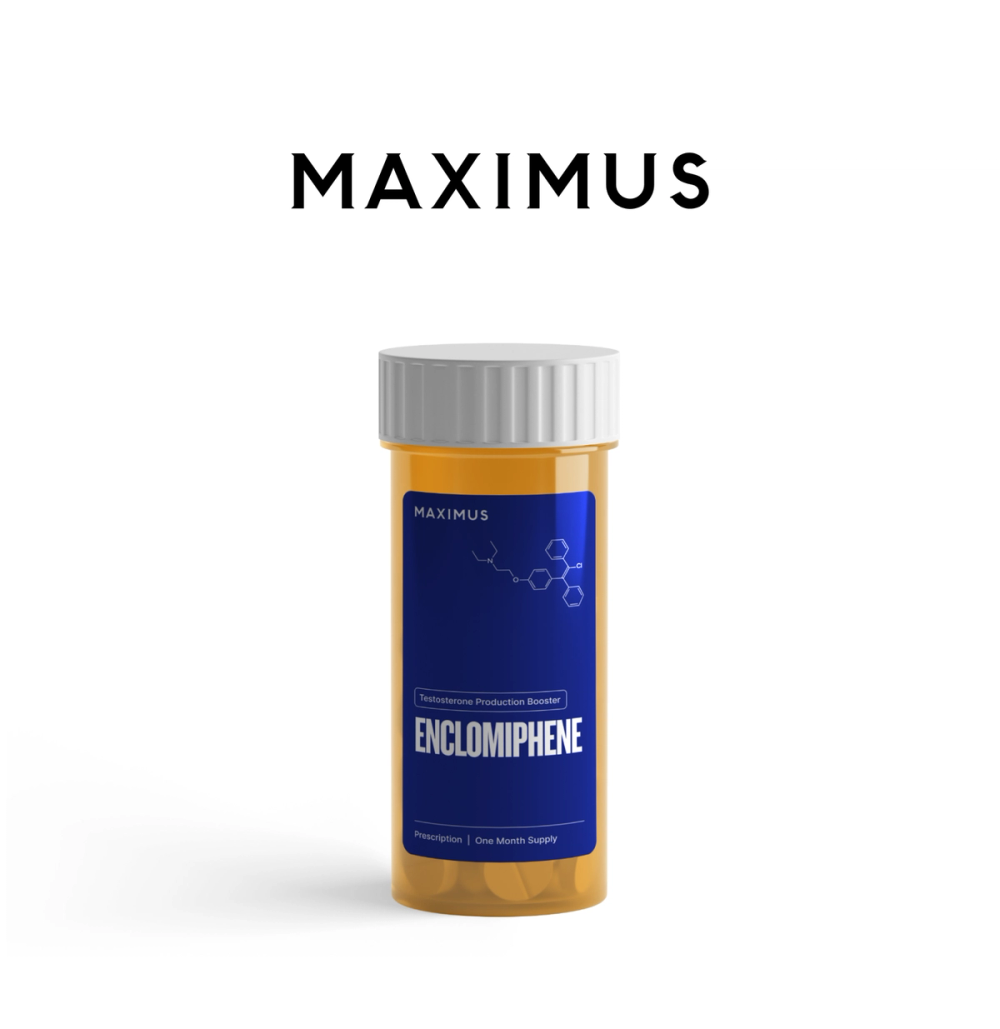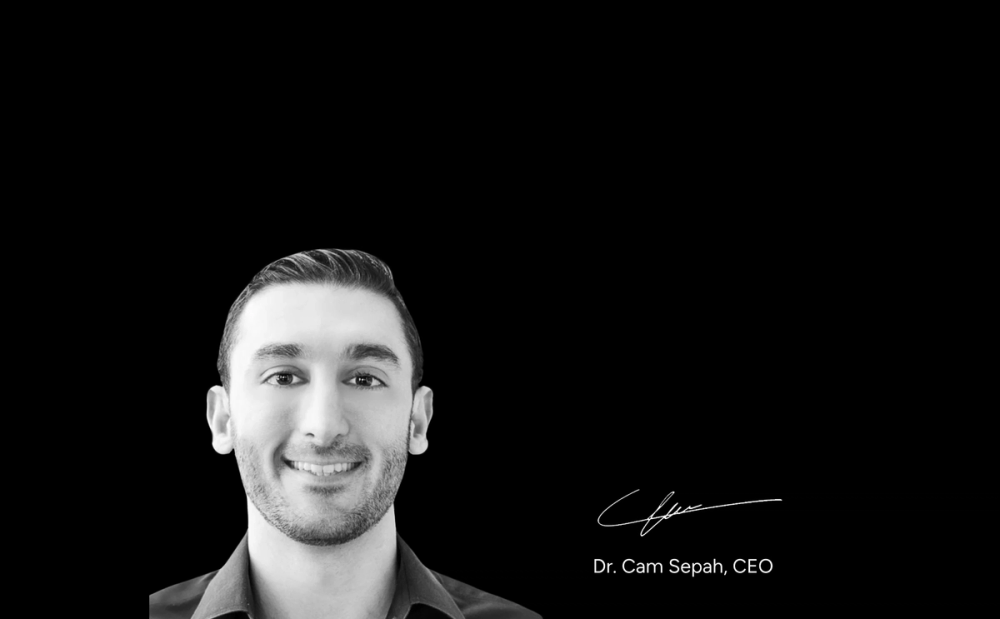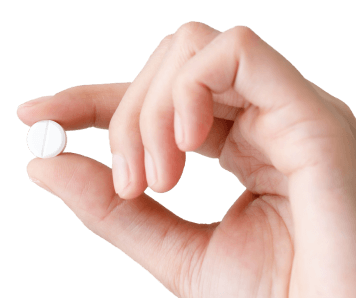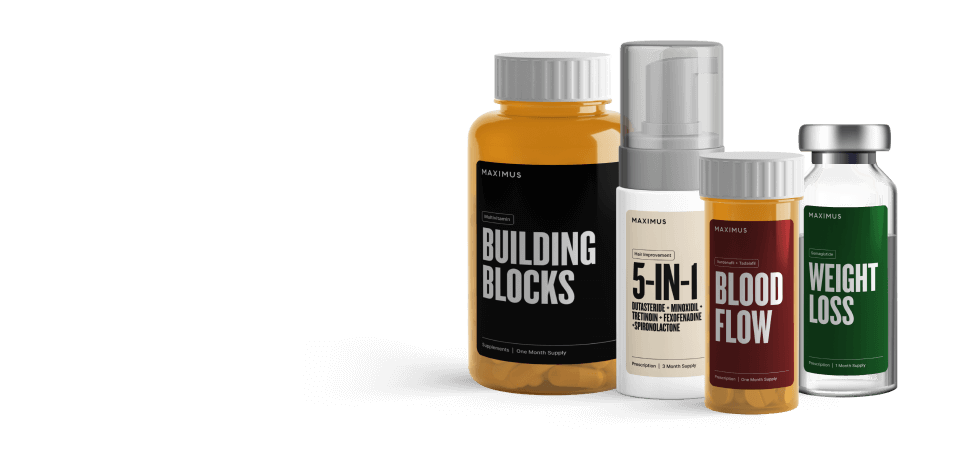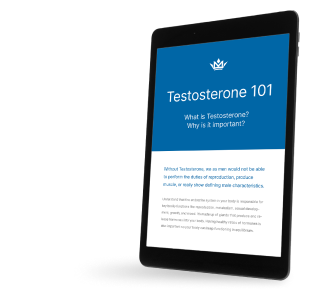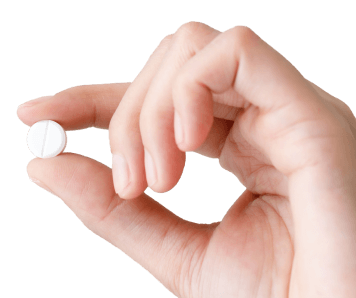Alcohol consumption spikes in the weeks between Thanksgiving and the New Year, with some Americans drinking twice as much as usual. There are many reasons why people drink more during the holidays — celebrating with friends, calming your nerves at the office work party, and dealing with triggering family members, to name just a few. But there are just as many reasons why you may want to resist the extra booze.
For one, alcohol can negatively impact your testosterone levels in a bunch of different ways.
Let’s break down what happens to your hormones when you drink, how moderate drinking compares to more excessive drinking, and how you can cut back without giving up alcohol if sobriety doesn’t appeal to you.
How alcohol impacts testosterone production
Alcohol negatively affects testosterone production in both the testes and your brain. Research from the 1980s shows that two alcohol byproducts (ethanol and acetaldehyde, to be specific) are toxic to the Leydig cells, which happen to be the main source of testosterone in males. Leydig cells also play a key role in many important processes in the male body, like producing sperm and controlling sexual development.
It’s hypothesized that alcohol inhibits the release of luteinizing hormone (LH) and gonadotropin-releasing hormone (GnRH), which send important signals to the Leydig cells to make more testosterone.
Numerous studies back these troubling findings, including a 2023 review showing that alcohol affects each level of the hypothalamus-pituitary-gonadal axis, which is an important control center for sexual development and reproduction. Heavy drinking also contributes to inflammation and oxidative stress, which are both associated with low testosterone and don’t have the greatest impact on health in general.
Is moderate drinking better than heavy drinking?
The 2023 review we mentioned earlier suggests that low-to-moderate drinking may actually increase your testosterone concentration because the liver's detoxification enzymes become more active when you drink. But if you start drinking heavily (we’re talking four or more drinks per day), the negative effects are far more costly than these short-term increases.
In a study comparing the hormone levels of men who are chronic alcoholics with that of healthy men, the healthy subjects were given the equivalent of a pint of whiskey per day for 30 days. Almost all the alcoholic men already had testosterone levels that were low or on the lower end of normal. Meanwhile, the healthy men saw their testosterone levels begin to drop within just 72 hours of consuming the alcohol. Within 30 days, their testosterone levels were similar to those of the alcoholic men.
But heavy, long-term drinking is significantly worse. In addition to lower testosterone levels, heavy drinkers also have poor semen quality, including a lower sperm count, changes in the amount of semen, and abnormal sperm shape or size. They are also more likely to struggle with sexual dysfunction, including issues with erectile dysfunction, premature ejaculation, and low libido. Researchers have also noted that the impact of very heavy drinking among men may extend across generations, possibly contributing to a higher incidence of psychological disorders, congenital heart defects, cancer, and altered reproductive development in their children.
Unfortunately, that’s not all
Beyond alcohol’s negative impact on your T levels, sexual function, and fertility, it’s worth noting some other downsides to heavy drinking. Heavy or frequent drinking can put people at a higher risk of health problems, like:
Cancer
High blood pressure
Stroke
Liver disease
Dementia
Digestive disorders
Weakened immune system
Injuries
Depression and anxiety
How much is too much?
More research is needed to better understand the interaction between alcohol and testosterone, including exactly how much alcohol may be harmful. But to lower your risk of alcohol-related health problems, the CDC recommends not drinking at all or limiting your intake to two drinks or less each day. When you’re drinking, try to remember that less is more. Enjoying a drink or two while socializing with friends or family is fine, but limiting yourself to two drinks (or less!) is a good idea.
It’s worth noting that this mindset seems to be growing in popularity. Young adults in the United States are drinking less frequently than prior generations, polls show, and they’re also less likely to drink excessively. Thanks to a growing market for non-alcoholic wines, bottle shops, and mocktail bars, it’s easier than ever to find a sober scene, or simply cut back without fully giving up drinking.
Dr. Cam’s Health Hack
Need a bit more convincing before cutting back? Check out this advice from Dr. Cam, CEO of Maximus:
“Minimizing alcohol intake is often a competitive advantage. People drink to avoid anxiety socially, but it impairs cognition, increases cancer risk, interferes with sleep, etc. Wiser people change their relationship with anxiety & stay sharp in social situations.”
Some important takeaways
- Drinking alcohol can damage cells and inhibit the release of hormones that drive testosterone production.
- Excessive alcohol consumption can contribute to inflammation and oxidative stress, which are both associated with lower testosterone.
- Heavy drinking can also lead to problems like poor semen quality and sexual dysfunction.
- Less is more when it comes to alcohol. Consider limiting your alcohol consumption to two drinks or less.
Disclaimer: The contents of this article, including, but not limited to, text, graphics, images, and other information, is for information purposes only and does not constitute medical advice. The information contained herein is not a substitute for and should never be relied upon for professional medical advice. The content is not meant to be complete or exhaustive or to be applicable to any specific individual's medical condition. You should consult a licensed healthcare professional before starting any health protocol and seek the advice of your physician or other medical professional if you have questions or concerns about a medical condition. Always talk to your doctor about the risks and benefits of any treatment. Never disregard or delay seeking professional medical advice or treatment because of something you have read on this site. Maximus does not recommend, endorse, or make any representation about the efficacy, appropriateness, or suitability of any specific test, products, procedures, treatments, services, opinions, healthcare providers or other information contained herein. Maximus is not responsible for, nor will they bear any liability for, the content provided herein or any actions or outcomes resulting from or related to its use.
